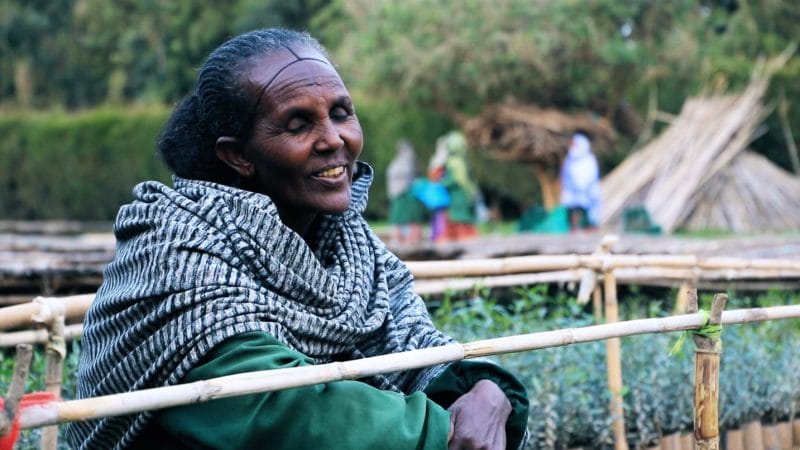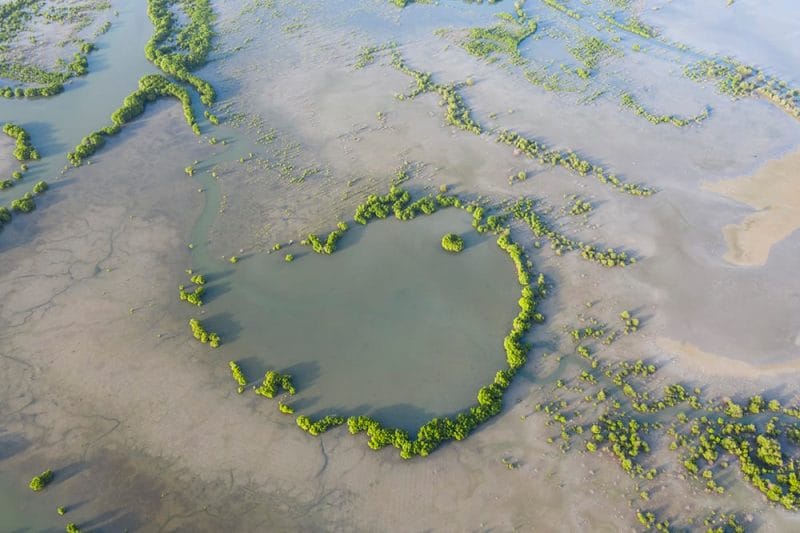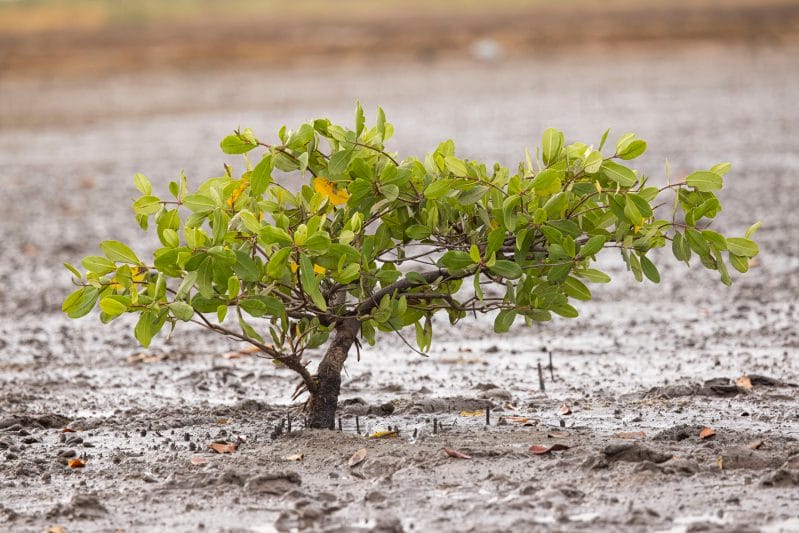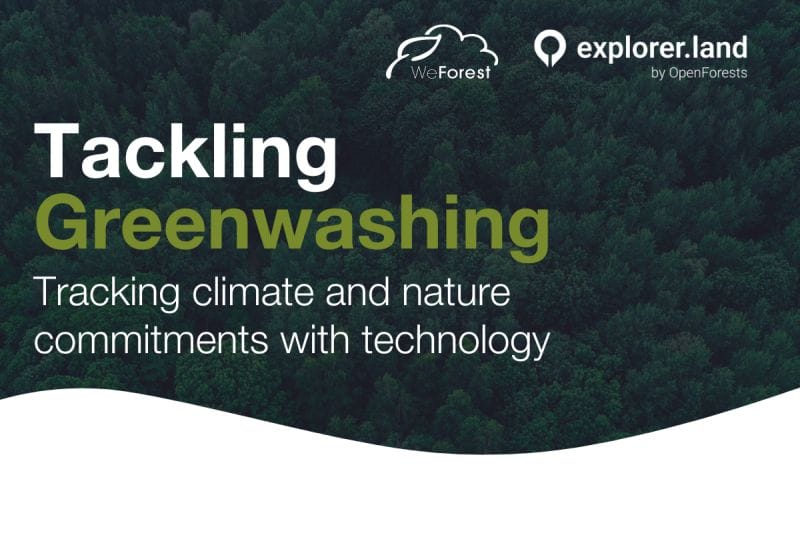The Desa’a project in Ethiopia’s Tigray region has successfully completed an independent third-party audit conducted by Preferred by Nature (PbN), gaining verification under their rigorous Ecosystem Restoration Standard (ERS), which considers more than just environmental impact. To be certified, a restoration project also needs to demonstrate social and economical appropriateness.
The Desa’a project’s verification under this standard confirms that it is well on track to achieve its goal of protecting and restoring 38,000 hectares of dry afromontane forest, which will help bring water back to a region directly threatened by desertification. It also confirms that WeForest’s comprehensive FLR approach and intense engagement of stakeholders is contributing to lifting rural communities out of extreme poverty by providing alternative sources of income from activities such as sustainable agriculture, agroforestry, and beekeeping.
The ERS was launched in 2020. In 2021, WeForest was one of the first organizations to receive this verification for two of our projects in Zambia: Luanshya (now Copperbelt) and Katanino. To date only 16 projects, developed by 12 different organizations, have been verified by PbN. The limited number of verified projects suggests that there are not many that meet the comprehensive approach of Forest and Landscape Restoration, or that are willing to put their development to the test.
Projects verified under PbN’s Ecosystem Restoration Standard (ERS) undergo rigorous scrutiny through assessment and evaluation based on documentation, observation and interviews. During a field audit, a team of specialists collects their observations and conducts interviews with various stakeholders. This process aims to check on 59 ‘ERS indicators’ representing the different components of project development: (i) planning, (ii) tenure, rights & engagement, (iii) field implementation, and (iv) monitoring & evaluation. Despite the conflict that affected the Tigray region from 2020-2022, the project performed outstandingly, with 92% of the ERS indicators fully met.
Additionally, WeForest requested the evaluation of the optional climate change module, adding another 9 ‘carbon indicators’ to verify the project’s framework for measuring positive climate impact. Our performance under these indicators depends on updated carbon estimates based on new government policy (just released in May 2024) and Verra’s new Afforestation, Reforestation, and Revegetation (ARR) methodology. Now that these have been announced, a major update on the carbon estimates and methodology of the project will follow.
“The Desa’a project, covering more than 38 thousand hectares, is currently the largest restoration project verified with the PbN Ecosystem Restoration Standard v3.1.,” said Hernán Zaldívar Schrader, PbN auditor and ecosystem restoration specialist. “Beyond its territorial scope, it has achieved a good level of compliance in the social and environmental aspects of the PbN standard. Over the last three decades, PbN has learned that strong local community support is essential for the success of restoration projects.”

Dr. Aklilu Negussie Mekuria, WeForest’s Ethiopia Director, was delighted at the news. “It was a daring move to submit our project to such rigorous scrutiny, but we were confident it would be worth it,” he said. “This certificate is a testament to the unwavering commitment of the Desa’a community, the dedicated WeForest Ethiopia team, and all our allies who have steadfastly supported our mission. This distinction greatly elevates our influence both nationally and globally. The insights gained from this validation are shedding light on our path ahead, guiding us to uphold these exemplary standards in all our future projects and integrate them across our initiatives.”
Yemane Gebru Hagos, WeForest’s Tigray Regional Manager, was equally proud. “This is a great moment for the project staff in Ethiopia. Most importantly, the community living around Desa’a forest and its leadership deserves this recognition. I believe the community has much more to impress the world in managing its natural resources, including Desa’a forest, with the support of regional to local leadership, WeForest and its allies. This certificate means a lot to us, knowing that our activities fulfill the restoration standards encourages us to work harder and achieve more in restoring our degraded ecosystem.”
“WeForest is truly proud of this achievement. It demonstrates the unreserved dedication of project team, authorities and communities towards to the long term objective to restore and preserve the dry afromontane forest ecosystem in Desa’a while ensuring at the same time the economic development of the communities living around the forest to sustain their livelihoods,” said Olivier Standaert, Global Programmes Manager at WeForest.
Visit the PbN website to read their article on Desa’a here.
For more information about ERS verification at https://www.preferredbynature.org/certification/ecosystem-restoration




